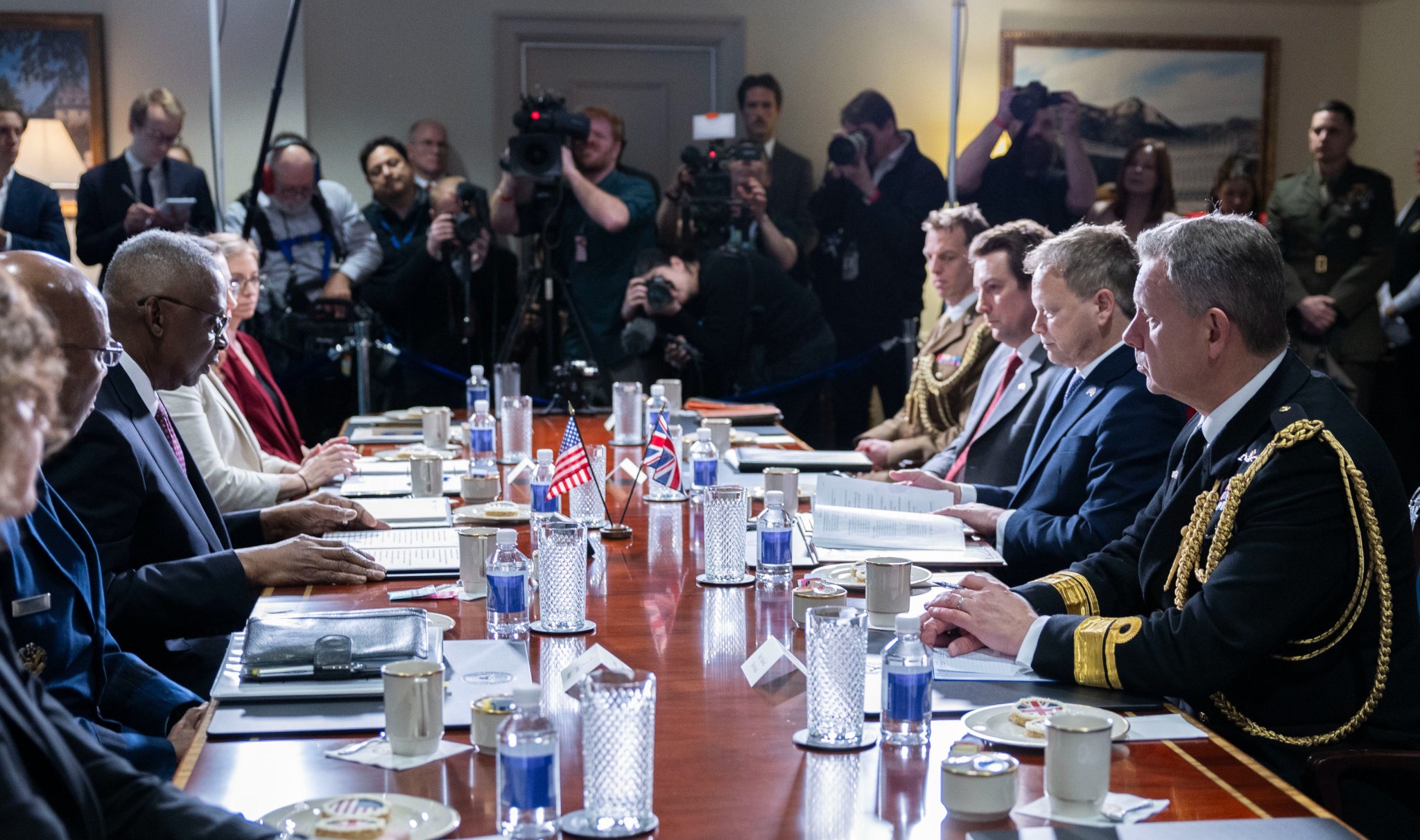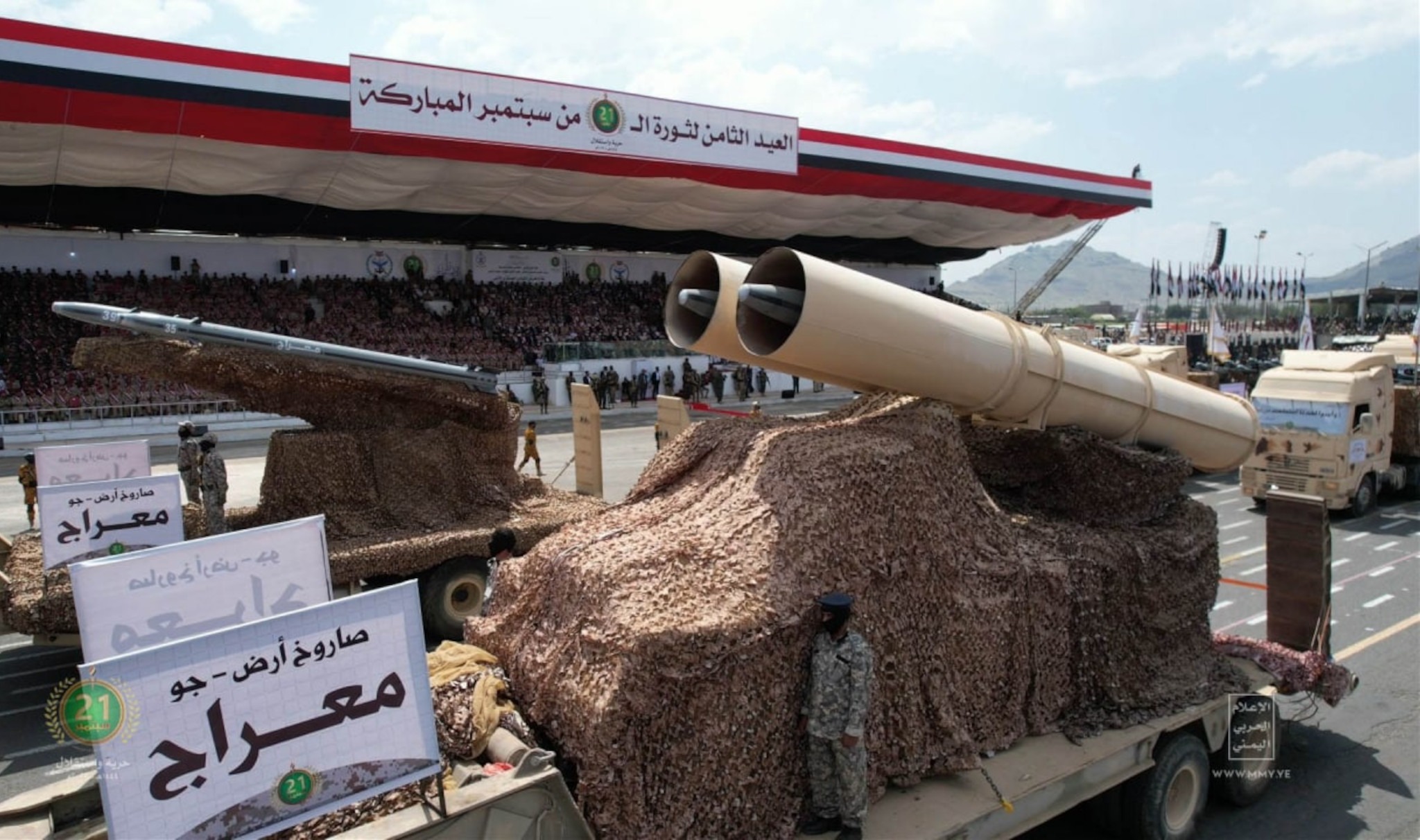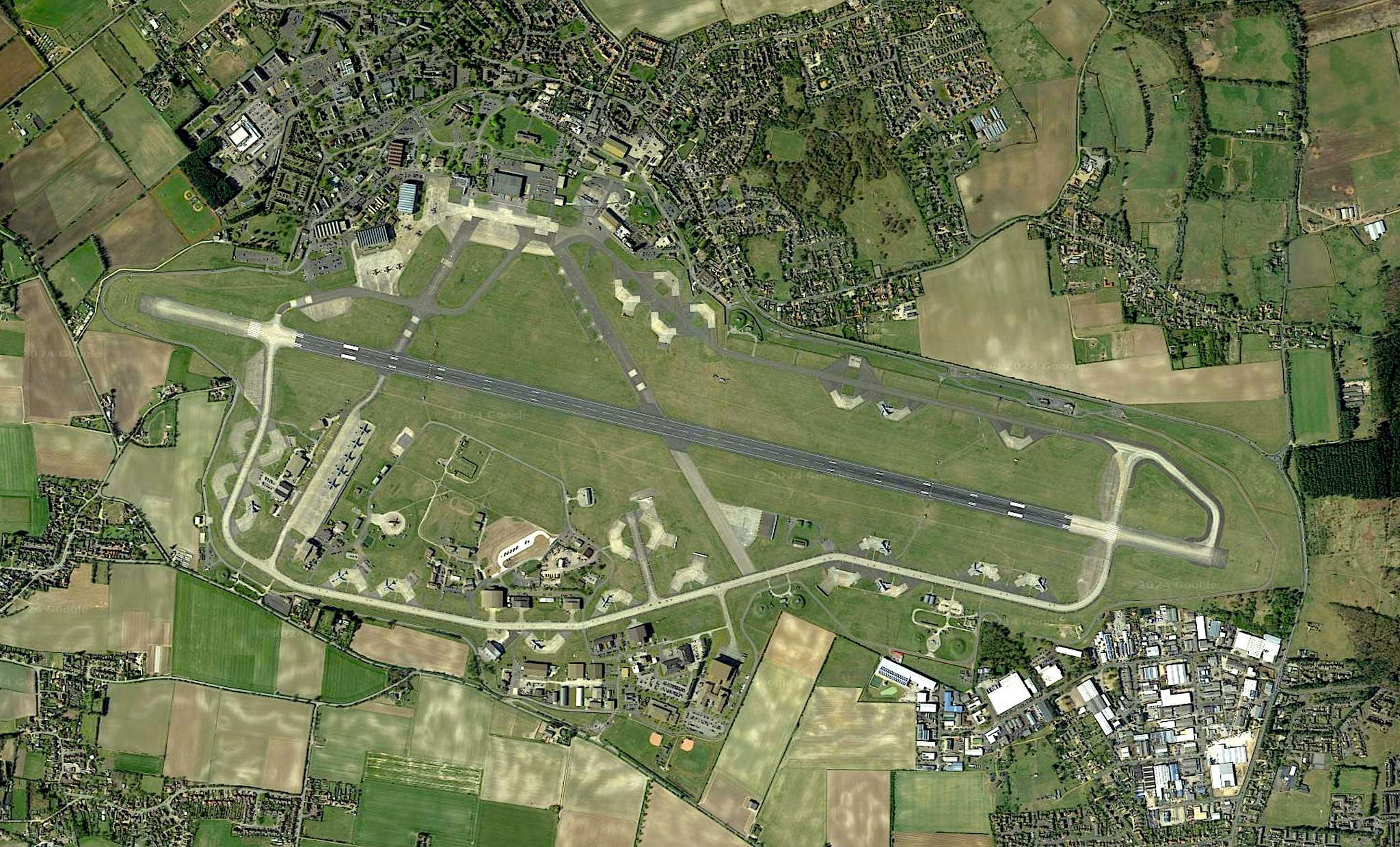The British government is playing a very dangerous game. Ministers and military chiefs are indulging in war fever, backed up not by credible threats but by empty rhetoric.
They appear to enjoy the prospect of escalating conflict, and by doing so threaten Britain’s own security, rather than protect it as they claim. It is as if they hope it will divert attention from Britain’s economic and social ills.
Judging by the state of the country’s armed forces, they are unlikely to frighten the enemy. Ratcheting up the threats without the means to back them up does not deter. Quite the opposite.
Delays, breakdowns, overspending, and chronic mismanagement have for years infected Britain’s hugely expensive and misconceived military projects – including its arsenal of unusable nuclear weapons and its two large and vulnerable, aircraft carriers.
More conventional, smaller, more useful, faster, ships are mothballed because of the lack of a crew while deplorable state of living quarters contributes to a recruitment crisis in all three branches of the armed forces.
It is against this background that the head of the Army, General Sir Patrick Sanders, warned recently that the British public would need to be called up to fight if war was declared against Russia. He urged the government to “mobilise the nation” with a “citizen army”.
‘Pre-war world’
Sanders’ intervention coincided with a rambling speech by the British defence secretary, Grant Shapps, who called on the West to prepare for a “pre-war world” – noting, along the way, the benefits this would bring to Britain’s arms industry.
He seemed to be positively relishing the prospect of fighting in what he called “multiple theatres” involving Russia, China, North Korea, and Iran.
Soon after delivering the speech, Shapps flew to Washington to offer to deploy one of the navy’s aircraft carriers, the Queen Elizabeth or the Prince of Wales, to the Red Sea as a platform to attack Houthi targets.
Shapps’ reported offer was an empty gesture. Britain’s carriers, the largest ships built for the navy, have spent much of their short life in dock, for major repairs or refitting.
Fort Victoria, the only support ship capable of supplying the carriers with adequate ammunition, food and spare equipment, cannot sail due to a lack of sailors.
The Queen Elizabeth was due to take the lead in the largest Nato exercise since the end of the cold war but its role was cancelled at the last minute after a problem with a propeller shaft.
The carriers, which cost more than £3bn each, are at risk of being branded an expensive laughing stock. They certainly risk being sitting ducks in any conflict zone.
US cover
Recruiting youngsters and retaining experienced personnel has been hit by poor pay and living conditions, a culture of bullying and sexual abuse, and inadequate and unsuitable equipment.
Morale, not least among senior officers, slumped after the disastrous invasions and occupations of Iraq and Afghanistan.
The foreign secretary, David Cameron, warned – before he became prime minister – that insurgencies and highly-motivated militias cannot be defeated by bombing them from 15,000 feet. He ignored his own advice by leading the calls for airstrikes against Muammar Gaddafi’s Libya in 2011.
“The government is revelling in the gung-ho backing of much of the mainstream media”
British air strikes now against an enemy that has proved resilient after many years of bombing by British warheads dropped from Saudi aircraft over Yemen, are more to do with giving the US political and diplomatic cover than anything else.
The government is revelling in the gung-ho backing of much of the mainstream media.
The House of Commons defence committee on Sunday warned that the “hollowing out” of the armed forces since 2010 had undermined the UK’s war fighting resilience, and the army would exhaust its capabilities “after the first couple of months” in a peer-on-peer war.
All this is designed to get more money for the armed forces, an aim championed not least by senior military figures with their eyes on lucrative jobs in private arms suppliers in a practice called the “revolving doors” syndrome but which might be better described as thinly-disguised corruption.
‘Lack of government transparency’
More money for the armed forces would be throwing good money after bad. The defence committee which now seems to be advocating greater spending for the armed forces last year found that equipment was “arriving into service many years late and significantly over-budget with depressing regularity”.
It concluded that “neither taxpayers nor the armed forces were being served well, that the system was broken, and in need of meaningful change”.
The National Audit Office said the MoD’s equipment programme for the coming decade was “unaffordable” with forecast costs exceeding its available budget by £16.9bn. The largest cost increases were to be found in nuclear and naval programmes, where combined costs had risen by £54.6bn.
MPs on the defence committee said it was unacceptable that they were hampered in their attempts to assess the state of the armed forces’ readiness by “a lack of Government transparency”.
Key information readily available a decade ago was no longer published for reasons that they said were “unclear”.
The reasons are obvious and they have nothing to do with protecting national security. The MoD wants to protect itself from embarrassment.
Waste of money
Nowhere is the waste of taxpayers’ money more apparent than in the Trident nuclear weapons project whose renewal is likely to cost more than £200bn over the coming 30 years.
This estimate, which has not been challenged by the MoD, does not include newly-estimated cost increases of more than 50% to nearly £100 billion over the coming decade, due partly to expensive repairs to the existing Vanguard-class nuclear missile submarine fleet.
Britain’s nuclear weapons arsenal would not be a realistic deterrent in any foreseeable conflict involving Britain. While determined to spend more and more on nuclear weapons, including warheads and technology dependent on the US, Britain’s military planners were very late in investing in weapons systems most relevant to modern conflict, including drones and countering cyber attacks.
Calling for less provocative interventions is not synonymous with appeasement as so many ministers and MPs claim. On the contrary.
Those who now evoke the years before the first and second world wars as Anthony Eden did during the 1956 Suez crisis, and Tony Blair did during the invasion of Iraq in 2003, and bang the drums of war, are going down a path that would lead to never-ending conflict.
The conflicts in the Middle East can only be settled by countries in the Middle East. Why does the US have bases in Iraq and on the Syria/Jordan border anyway?
Occupation, interference from the West, and the US and Britain in particular, exacerbates the conflicts throughout the Middle East. Meanwhile, Vladimir Putin and Xi Jinping look on, hoping to reap the benefits.




